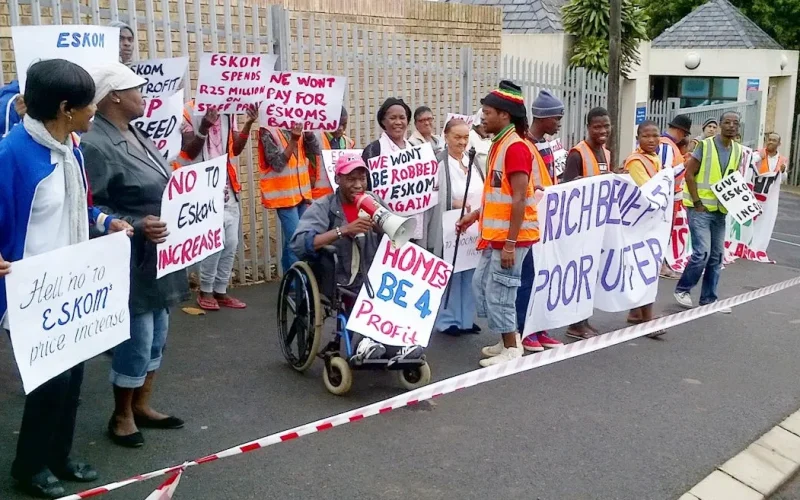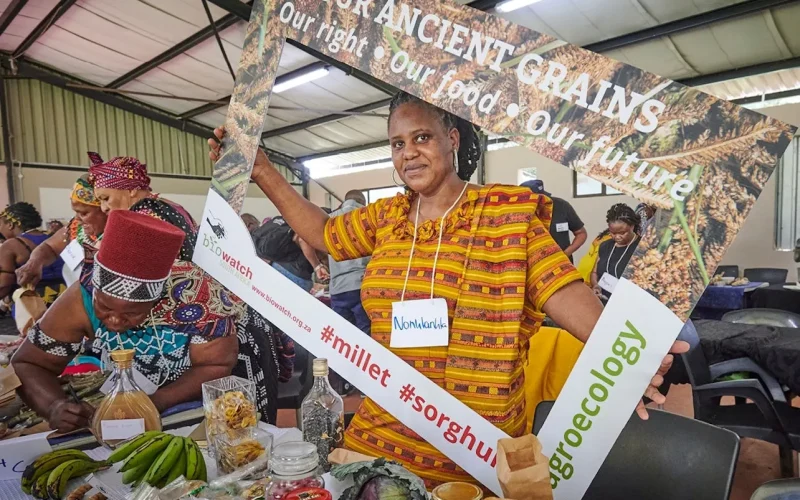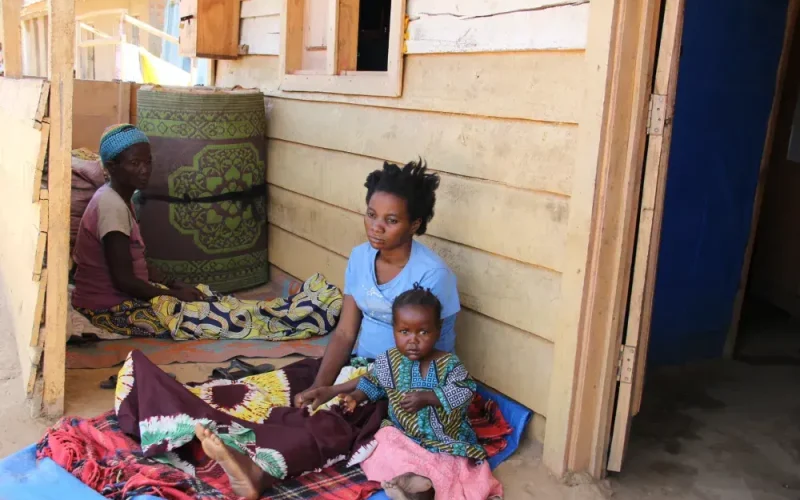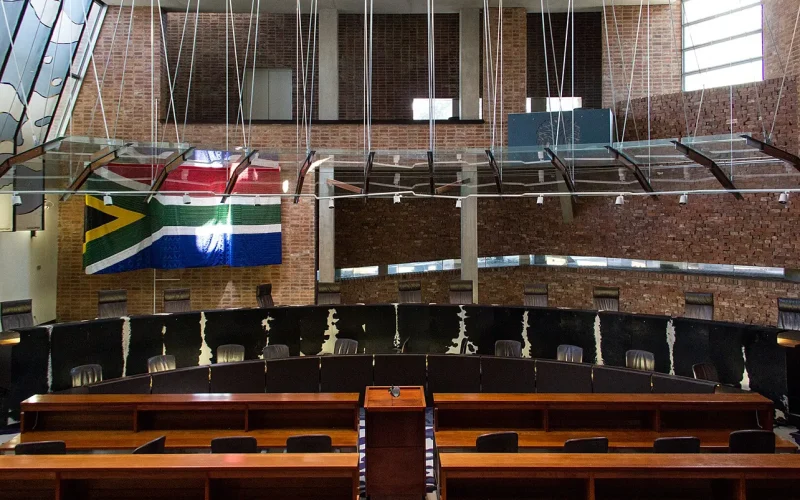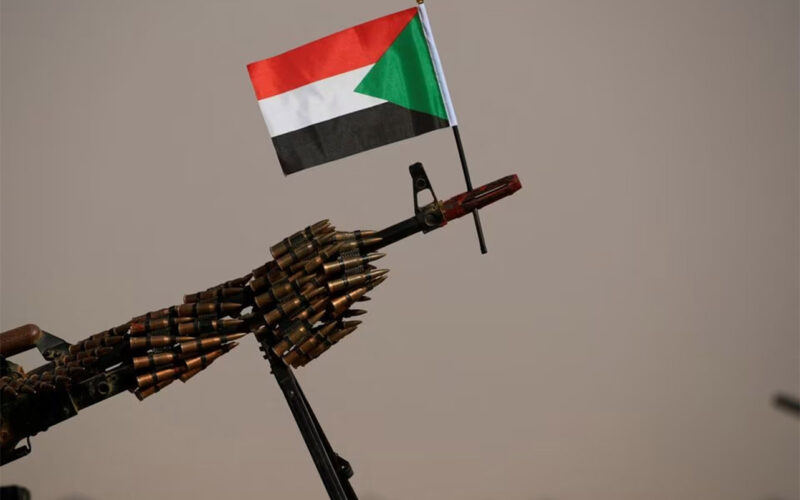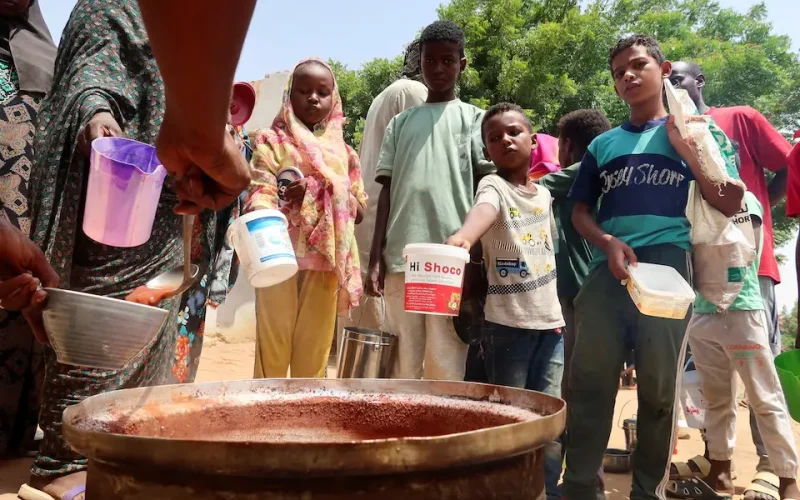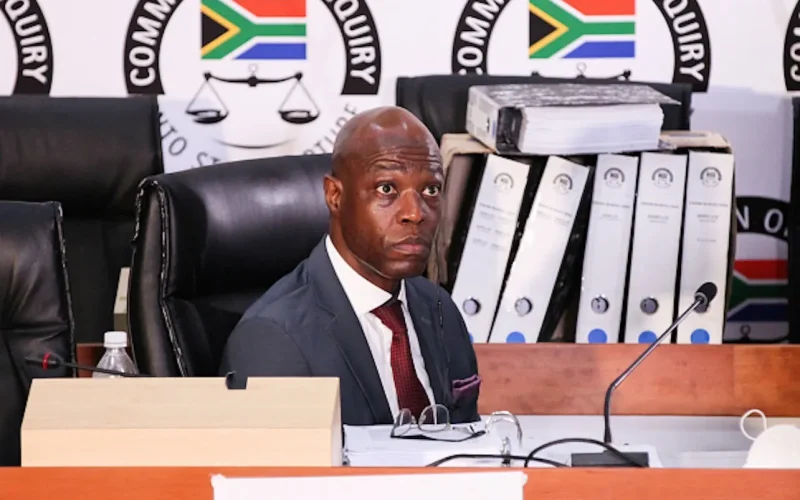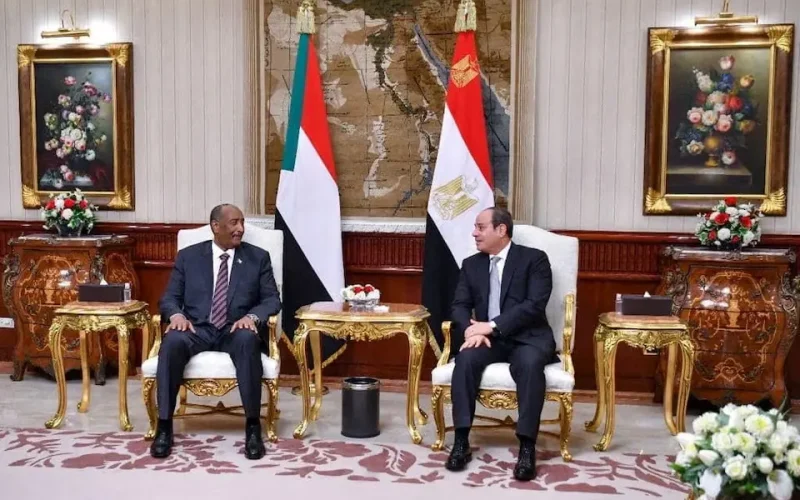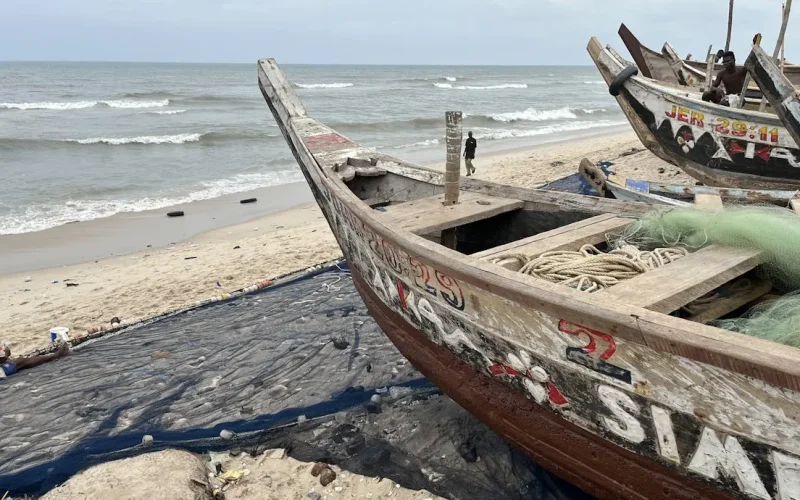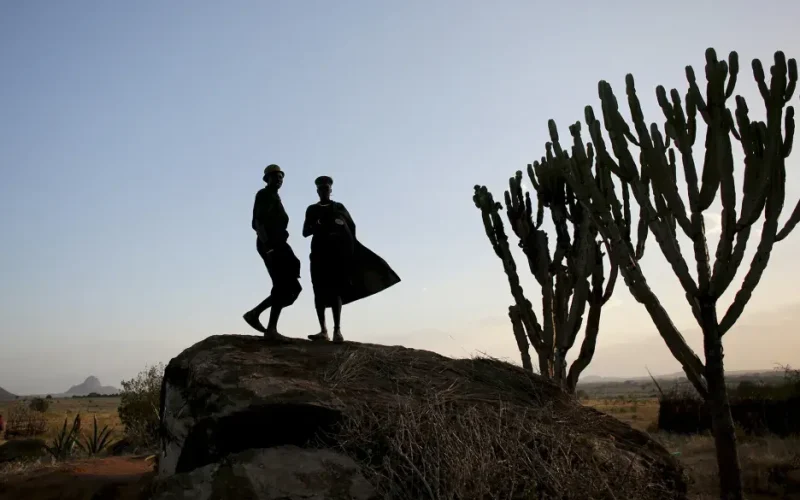
Uganda’s fight against cattle raiders is dividing Karamoja communities
IN the Karamoja region of northeastern Uganda, a four-year outbreak of violent livestock raiding is finally subsiding – the result of a ruthless, informer-driven disarmament campaign by the army. But even as stability returns, divisions arising from class tensions, intergenerational friction, and animosities between raiders and government collaborators within communities may complicate future peace and reconciliation efforts. In 2022 and 2023, I spent over a year conducting oral history research in Kotido District, an area of northern Karamoja inhabited by the Jie, an ethnic group of 240,000 people. My research demonstrated that to properly address these deep intercommunal antagonisms, peace…

